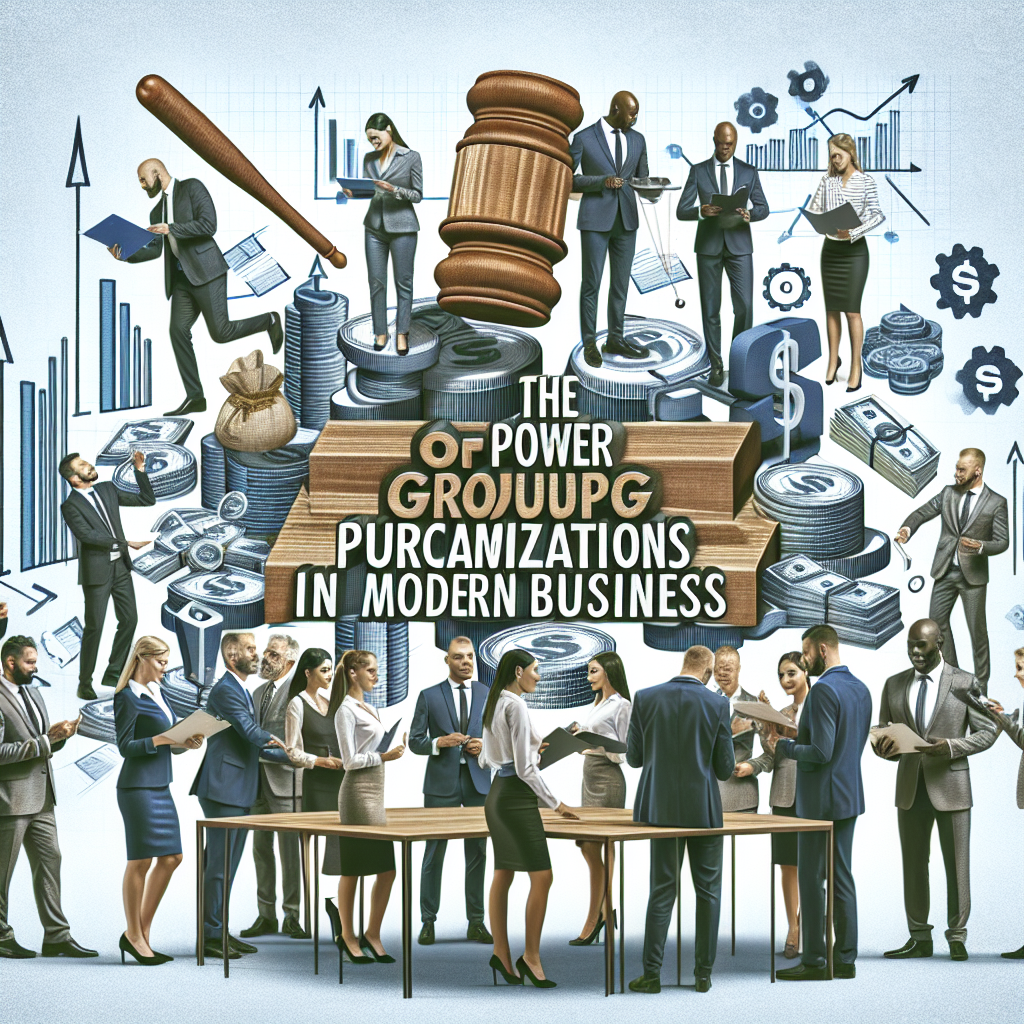In today’s global economy, businesses are increasingly recognizing the importance of building strong and strategic partnerships with their suppliers. Supplier partnerships are crucial for ensuring a reliable and efficient supply chain, as well as for driving innovation and enhancing product quality. By working closely with suppliers, businesses can gain access to valuable expertise and resources, streamline operations, mitigate risks, and maximize cost savings. In addition, strong supplier partnerships can also help businesses to build a competitive advantage in the marketplace.
Furthermore, supplier partnerships can also play a key role in helping businesses to meet their sustainability and corporate social responsibility goals. By working with suppliers who share their values and commitment to sustainability, businesses can ensure that their supply chain operations are ethical and environmentally responsible. This can help to enhance their brand reputation and appeal to environmentally conscious consumers. Overall, understanding the importance of supplier partnerships is essential for businesses looking to achieve long-term success and sustainability in today’s competitive marketplace.
Building Strong and Trusting Relationships with Suppliers
Building strong and trusting relationships with suppliers is essential for creating successful partnerships. Trust is the foundation of any successful business relationship, and this is especially true when it comes to supplier partnerships. Businesses must be transparent and honest in their dealings with suppliers, and they must also be willing to listen to their suppliers’ concerns and feedback. By building trust with suppliers, businesses can create a collaborative and mutually beneficial partnership that is built on respect and integrity.
In addition to trust, communication is also key to building strong relationships with suppliers. Open and transparent communication is essential for ensuring that both parties are aligned on goals and expectations. Regular communication can help to prevent misunderstandings and conflicts, and it can also facilitate the sharing of ideas and information. By fostering a culture of open communication, businesses can build strong and trusting relationships with their suppliers that will ultimately benefit both parties in the long run.
Leveraging Supplier Expertise and Resources
One of the key benefits of building strong supplier partnerships is the ability to leverage the expertise and resources of suppliers. Suppliers often have specialized knowledge and skills that can be invaluable to businesses, particularly in areas such as product development, manufacturing processes, and supply chain management. By working closely with suppliers, businesses can tap into this expertise and gain access to valuable resources that can help them to improve their operations and drive innovation.
For example, a business may partner with a supplier who has expertise in a particular manufacturing process or technology. By leveraging the supplier’s knowledge and resources, the business can improve the efficiency and quality of its products, ultimately leading to a competitive advantage in the marketplace. In addition, suppliers may also have access to unique resources or materials that can help businesses to differentiate their products and meet consumer demand. By collaborating with suppliers to leverage their expertise and resources, businesses can gain a significant competitive edge in their industry.
Streamlining Operations and Improving Efficiency
Another important benefit of strategic supplier partnerships is the ability to streamline operations and improve efficiency. By working closely with suppliers, businesses can identify opportunities to optimize their supply chain processes and reduce waste. For example, by collaborating with suppliers on inventory management, businesses can minimize excess inventory and reduce carrying costs. In addition, by working with suppliers to improve production processes, businesses can increase productivity and reduce lead times.
Furthermore, strategic supplier partnerships can also help businesses to identify cost-saving opportunities throughout their supply chain. By collaborating with suppliers on cost reduction initiatives, businesses can lower their overall production costs and improve their bottom line. This can be particularly beneficial for businesses operating in highly competitive industries where cost efficiency is critical for success. Overall, by streamlining operations and improving efficiency through strategic supplier partnerships, businesses can position themselves for long-term success in the marketplace.
Enhancing Product Quality and Innovation through Collaboration
Collaborating with suppliers can also lead to enhanced product quality and innovation. Suppliers often have valuable insights into market trends and consumer preferences, which can help businesses to develop new and innovative products that meet customer demand. By working closely with suppliers on product development, businesses can leverage their expertise and resources to create high-quality products that stand out in the marketplace.
In addition, supplier partnerships can also facilitate the sharing of ideas and best practices that can lead to innovation and continuous improvement. By collaborating with suppliers on research and development initiatives, businesses can tap into new technologies and processes that can help them to stay ahead of the competition. Furthermore, by involving suppliers in the design and development process, businesses can ensure that their products are manufactured using the most efficient and cost-effective methods, ultimately leading to higher quality products at a lower cost.
Mitigating Risks and Ensuring Supply Chain Resilience
In today’s global marketplace, businesses are increasingly exposed to a wide range of risks that can impact their supply chain operations. These risks can include natural disasters, geopolitical instability, economic downturns, and disruptions in transportation or logistics. By building strong supplier partnerships, businesses can mitigate these risks and ensure the resilience of their supply chain.
For example, by diversifying their supplier base and working with multiple suppliers for critical components or materials, businesses can reduce their vulnerability to supply chain disruptions. In addition, by collaborating closely with suppliers on risk management strategies, businesses can develop contingency plans that will enable them to respond quickly to unexpected events. By working together with suppliers to identify potential risks and develop mitigation strategies, businesses can ensure the continuity of their operations even in the face of unforeseen challenges.
Maximizing Cost Savings and Competitive Advantage through Strategic Supplier Partnerships
Finally, strategic supplier partnerships can also help businesses to maximize cost savings and gain a competitive advantage in the marketplace. By working closely with suppliers on cost reduction initiatives, businesses can lower their production costs and improve their profitability. This can be achieved through various means such as negotiating better pricing terms, optimizing transportation costs, or implementing lean manufacturing practices.
Furthermore, by collaborating with suppliers on value engineering initiatives, businesses can identify opportunities to reduce material costs without compromising product quality. This can help businesses to offer competitive pricing while maintaining healthy profit margins. In addition, by leveraging the expertise and resources of suppliers, businesses can also gain access to new technologies or materials that can help them to differentiate their products in the marketplace.
In conclusion, strategic supplier partnerships are essential for businesses looking to achieve long-term success in today’s competitive marketplace. By building strong relationships with suppliers, leveraging their expertise and resources, streamlining operations, driving innovation, mitigating risks, and maximizing cost savings, businesses can position themselves for sustainable growth and profitability. Ultimately, strategic supplier partnerships are a key driver of success for businesses looking to thrive in an increasingly complex global economy.





